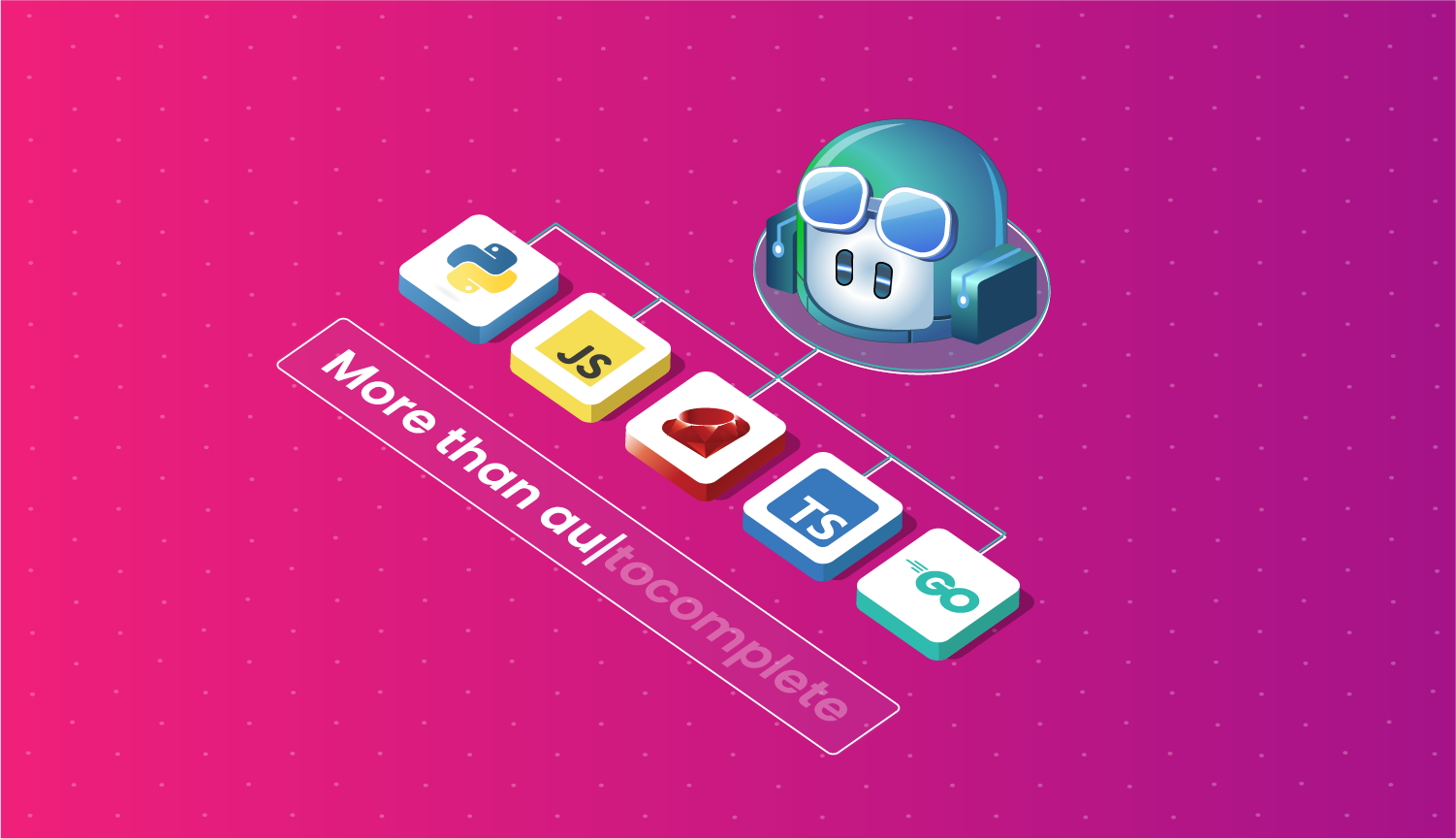OpenAI Codex Agent – Is This the End of Programmers?
The introduction of Codex, a cloud-based coding agent by OpenAI, has sparked discussions about the future of programming. This innovative tool, including its specialized version Codex One, presents a new approach to coding compared to existing solutions like Devon by Cognition Lab. By incorporating features such as integration with GitHub, Codex offers functionalities for task assignment, bug detection, and progress tracking, showcasing the potential of AI agents in coding workflows.
Introduction to Codex
Codex, developed by OpenAI, is a cloud-based coding agent that aims to redefine the coding experience. This AI-powered tool has the capability to handle various coding tasks, offering a glimpse into a future where programming could be significantly influenced by artificial intelligence.
OpenAI's Codex Announcement
The announcement of OpenAI's Codex has generated excitement within the coding community. With the introduction of Codex One, a specialized version of the coding agent, OpenAI is positioning itself as a key player in the evolution of coding tools. Codex One is designed to provide an alternative to traditional coding solutions, emphasizing efficiency and innovation in the coding process.
Functionality of Codex
Codex operates as a cloud-based system, allowing users to execute parallel tasks, interact seamlessly with the tool, and review the progress of running tasks. This level of functionality demonstrates the potential for AI agents like Codex to streamline coding workflows and enhance productivity.

Usage of GitHub with Codex
One of the standout features of Codex is its integration with GitHub, a popular platform for code hosting and collaboration. By leveraging GitHub, Codex enables efficient task assignment, accurate bug detection, progress tracking, and smooth merging of code changes back into repositories. This integration enhances the overall coding experience and highlights the synergy between AI technology and established coding practices.
Evaluation of Codex's Performance
While Codex showcases impressive coding capabilities, it is not without limitations. Issues such as the requirement for internet access during task execution pose challenges for users. Despite these limitations, the overall performance of Codex is promising, offering a glimpse into the future possibilities of AI-driven coding tools.

Limitations and Security Concerns
It is essential to address limitations such as internet access restrictions and security concerns when utilizing AI agents like Codex. Prioritizing security, transparency, and flexibility in AI-driven systems is crucial to ensure the seamless integration of such tools into coding workflows.
Future Prospects of Coding Agents
The emergence of AI agents like Codex signals a shift in the way coding is approached. With the potential to contribute significantly to application development and coding workflows, these agents underscore the importance of understanding coding principles for effective utilization. As the capabilities of AI-driven tools continue to evolve, the future of programming may indeed be shaped by intelligent coding agents like Codex.

FAQ
Q: What is Codex by OpenAI?
A: Codex by OpenAI is a cloud-based coding agent designed to assist users in coding tasks.
Q: What is the specialized version of Codex called and how is it different?
A: The specialized version of Codex is Codex One, powered by Codex One. It is seen as a potential alternative to existing tools like Devon from Cognition Lab.
Q: How does Codex function as a cloud-based system?
A: Codex functions as a cloud-based system by allowing parallel tasks, interaction with users, and providing a review of progress in running tasks.
Q: How is GitHub integrated with Codex and for what purposes?
A: GitHub is integrated with Codex for task assignment, bug detection, progress tracking, and the process of merging changes back into the repository.
Q: What are some limitations of using Codex?
A: Some limitations of using Codex include the need for internet access during task execution, internet access restrictions, and security concerns.
Q: What are the key considerations when using AI-driven systems like Codex?
A: Key considerations when using AI-driven systems like Codex include prioritizing security, transparency, and the importance of flexibility in such systems.
Q: How can AI agents like Codex contribute to building applications?
A: AI agents like Codex can contribute to building applications by integrating into coding workflows and providing assistance in coding tasks.
Q: Why is it important to understand coding principles when utilizing AI-driven systems like Codex?
A: Understanding coding principles is important when utilizing AI-driven systems like Codex as it helps users effectively leverage the capabilities of such systems.











